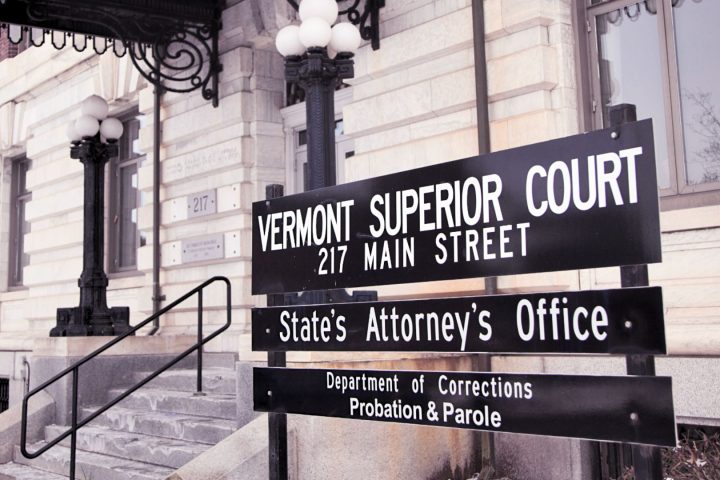ARLINGTON –– Today, the U.S. Department of Health and Human Services (HHS), through the Health Resources and Services Administration (HRSA), announced Battenkill Valley Health Center, in Arlington, as the only health center in Vermont to be part of the top 10 percent of health centers nationwide receiving a Gold Health Center Quality Leader badge for their achievements in improving health outcomes and providing high-quality care for patients in rural and underserved communities.
The digital badges, part of the Community Health Quality Recognition (CHQR) badge program, honor the health centers across the country that have attained the best overall clinical quality performance.
“Health centers are cornerstones of their communities, providing essential preventive and primary care for more than 30 million patients who face significant barriers,” said HHS Secretary Xavier Becerra. “Today, the Biden-Harris Administration is proud to recognize our nation’s top health centers for their achievements in providing high-quality care to improve health outcomes and reduce health disparities across the country.”
“Health centers are an essential part of America’s health care safety net, providing access to high-quality preventive and primary care in the highest need communities across the country,” said HRSA Administrator Carole Johnson. “We at HRSA are proud to support and partner with these health centers, which not only provide care to patients regardless of their ability to pay but also consistently deliver excellent care that exceeds national quality standards.”
The CHQR badge program recognizes outstanding performance in a variety of clinical areas, including behavioral health, maternal health, diabetes health, heart health, cancer screening, and HIV prevention and care, as well as overall quality performance.
A full list of badges and awardees is available here.
HRSA’s Health Center Program is a cornerstone of our country’s health care system, especially for individuals and families who are uninsured; enrolled in Medicaid; living in rural, remote, or underserved areas; struggling to afford their health insurance co-pays; experiencing homelessness; residing in public housing; or otherwise having difficulty finding a doctor or paying for the cost of care.
Today, approximately 1,400 HRSA-supported health centers operate nearly 15,000 service sites. In 2022, health centers provided care for more than 30 million patients, 90 percent of whom had incomes below 200 percent of the Federal Poverty Guidelines. A 2022 survey of 4,000 health center patients nationwide found 97% would recommend their health center to family and friends.
For information on 2023 CHQR badge recipients by national, state, or individual health center levels, visit: https://data.hrsa.gov/topics/health-centers/chqr
Learn more about the Health Center Program: https://bphc.hrsa.gov/about-health-centers/health-center-program-impact-growth
Find a health center: https://findahealthcenter.hrsa.gov/








